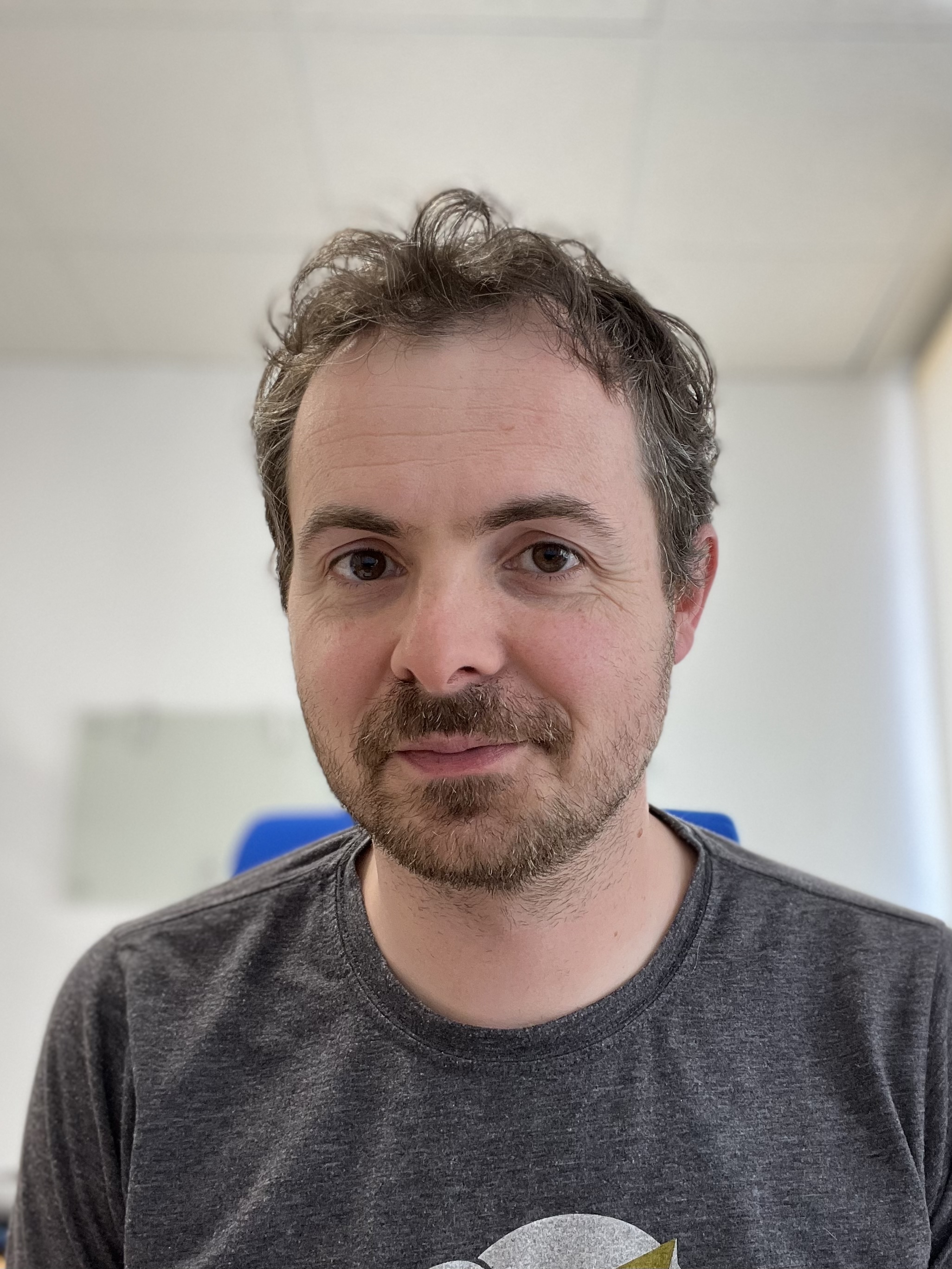⚠️¡ATENCIÓN!⚠️ Se realizarán otras actividades simultáneamente a esta, consulta la agenda.
ADAPT It: Una aproximación automática a la atribución de APTs en el mundo real
22/02/2024 16:30 - 17:30
Nivel avanzado

Jorge Blasco Alís
Universidad Politécnica de Madrid

Jorge Blasco obtuvo su doctorado en la Universidad Carlos III en 2012 con la calificación (""Suma Cum Laude""). En julio de 2014, se trasladó a City, University of London, donde trabajó como investigador postdoctoral en el proyecto ACiD (Android Collusion Detection) durante 2 años. Su trabajo en City se centró en investigar malware móvil y en desarrollar nuevos métodos de aprendizaje automático para identificar muestras de malware avanzado.
Resumen de la actividad
In recent years, there has been a significant increase in the occurrence of technically sophisticated Advanced Persistent Threats (APTs). These threats have notably impacted various sectors, including industry, governance, and democracy. Security researchers are overwhelmed by the volume and complexity of this diverse threat landscape. Thus far, researchers have primarily relied on manual analysis to study various types of malicious files and discern distinct techniques, custom tools, and behavioral patterns employed by these APTs. For instance, after the SolarWinds breach in December 2020, cybersecurity experts attempted to attribute the attack to its originators. It wasn't until May 2022 that FireEye found similarities between the SolarWinds malware and the Russia-linked cyberespionage group Turla (APT29), which connected the two.